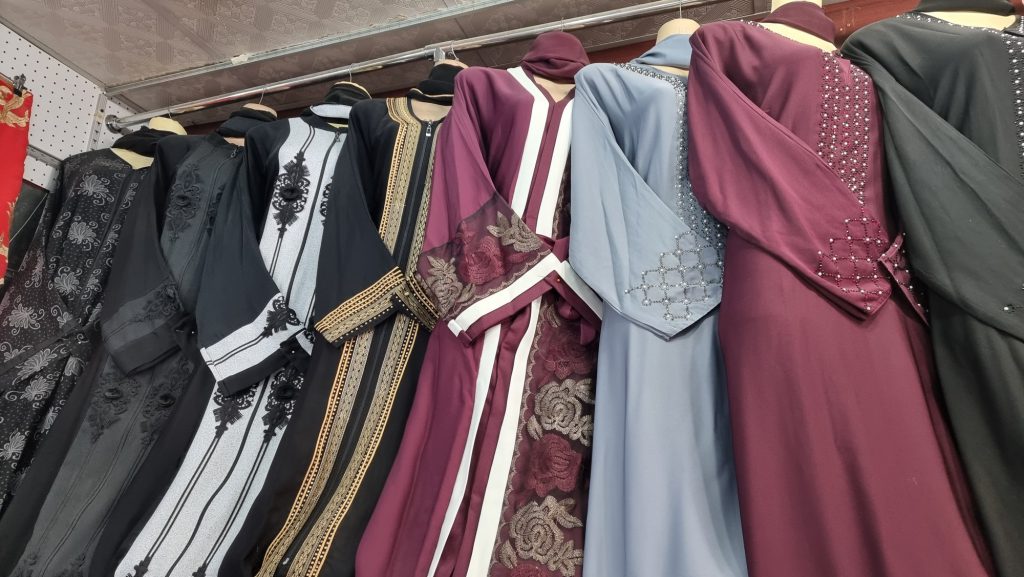King Abdullah University of Science and Technology (KAUST) has announced the signing of an MoU with the Ministry of Culture Fashion Commission, who are committed to enabling the development of a thriving Saudi fashion industry that is sustainable and inclusive. Through this partnership, the two entities aim to create new textiles and entrepreneurial opportunities. The development of these innovative fashion technologies would reduce the environmental footprint, maximize the local talent pool and help to diversify the economy in line with Saudi Vision 2030.
The global fashion industry has a high environmental and social cost. Manufacturing most commonly used materials contribute to greenhouse gasses – leaving a high carbon footprint. Most Saudi nationals wear the traditional thobe and abaya. These garments are produced using polyester fabrics which require significantly more energy in the production phase and are not easily recyclable and end up in landfill.
KAUST, together with the Fashion Commission, aims to support new initiatives to devise sustainable polymer fabrics for these traditional garments. As the Saudi apparel market is expected to nearly double by 2025, this presents a major opportunity for eco-conscious fashion brands and solutions.

“This is an exciting first for KAUST to work with the Fashion Commission in the sustainable materials, polymer and wearables space. There is a real need in the Kingdom to deliver long-term solutions for the fashion and clothing industry and we look forward to working together to develop new technologies through our innovation and entrepreneurial ecosystems,” said Dr. Kevin Cullen, vice president of innovation at KAUST.
By joining forces, not only will KAUST and the Fashion Commision seek new technologies in renewable fashion, but also foster startups that focus on material science, smart fabrics, and wearable technologies. By developing and implementing entrepreneurship programs that support local talent, as well as innovation initiatives in the field of fashion, new opportunities for internships and employment will also emerge.
Additionally, the Fashion Commission will establish a local center at the KAUST Research and Technology Park (KRTP) to foster growth of these leading-edge textile and fashion technologies. The Center will also serve as a hub for both local and international companies who wish to set up their own offices and labs.
Lastly, through KAUST’s established entrepreneurship schemes, hackathon and ideathon opportunities, fashion-centric startups will have a chance to bring their products and ideas to fruition.
The Fashion Commission was formed to enable the development of a thriving Saudi fashion industry that celebrates Saudi heritage and culture while also maximizing local talent and creating a prosperous fashion future in the Kingdom.
Through their partnership with KAUST, the Fashion Commission looks to hire and recruit students for technical employment opportunities. By finding advanced ways to lessen the waste created by daily wearables, the result will improve environmental impacts, contribute to a circular economy, and provide opportunities for local talent. KAUST will continue to seek partnerships that focus on renewable solutions and technologies for a brighter future.

